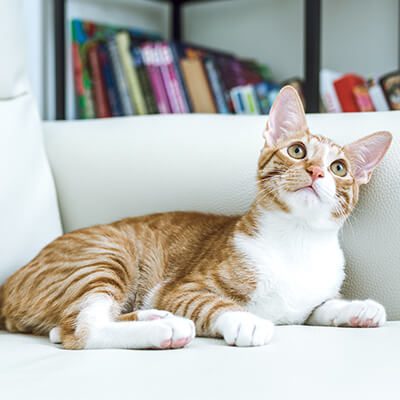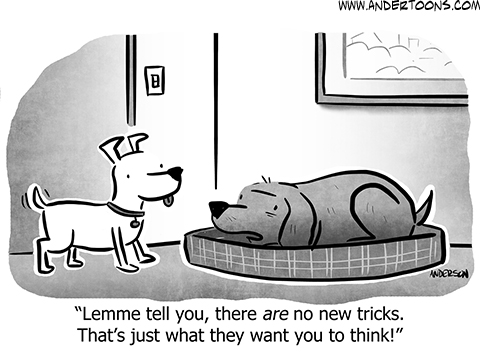In just a few short weeks, Halloween and trick-or-treat night will be upon us. It’s a fun time for the whole family, including your pet. However, there are several hazards to be aware of so that you can keep your furry friend safe! Your Roanoke, VA veterinarian tells you more below.
Chocolate
Remember that chocolate of all types—very common around Halloween and trick-or-treat night, in particular—is toxic for animals. It contains theobromine and caffeine, chemicals that can harm our pets in very small amounts. Don’t let Halloween turn into a real nightmare thanks to symptoms like vomiting, diarrhea, seizures, and worse. Restrict your pet’s access to any and all chocolates!
Candy
Many candies, gums, and even certain baked goods are sweetened with a sugar substitute called xylitol. It’s okay for humans, but it’s very toxic for our animal friends. Make sure your pet stays away from your kids’ trick-or-treat bags, as well as your own bowl of candy to hand out to trick-or-treaters, so that they can’t ingest anything harmful.
Decorations
Common autumn decorations like pumpkins, gourds, and fall corn aren’t necessarily toxic for pets. They can harm your pet nonetheless, though—a pet who eats too much of any foreign substance can get sick, and these items present a choking hazard. Keep a close eye on your pet to make sure they don’t try to chow down on your seasonal decorations.
Costumes
It’s definitely adorable to dress your pet up in their very own Halloween costume. Just make sure your pet is okay with it. Many pets don’t take kindly to wearing clothing, and may become very stressed out if forced to wear a costume. You’ll also want to check Fido or Fluffy’s costume thoroughly to make sure it doesn’t contain small buttons, zippers, or other bits of plastic or metal that could be chewed off, swallowed, or choked on.
Anxiety and Escape
With the constant ringing of the doorbell by hopeful trick-or-treaters, some pets can get very anxious and overly excited. Since the front door will probably be opening frequently, it’s tempting for some pets to dart out into the night! You don’t want to have to search for your lost pet on trick-or-treat night—secure them in another room if necessary, and make sure your pet is properly identified with a microchip, ID tags, or both.
Contact your Roanoke, VA veterinary clinic for more tips.





